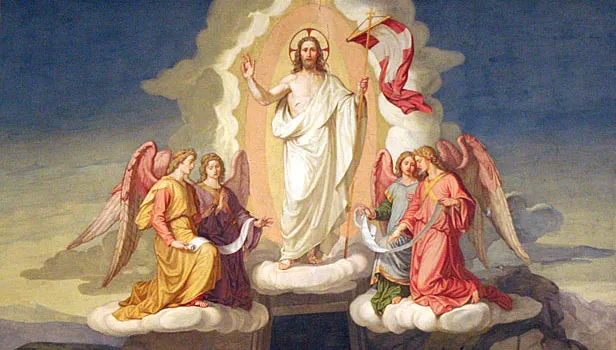Easter holds profound significance for Christians worldwide, symbolizing the resurrection of Jesus Christ. In this guide, we’ll explore meaningful ways to celebrate Easter as a Christian, focusing on spiritual practices, traditions, and acts of reverence that enrich this sacred season. Let’s delve into how to celebrate Easter as a Christian!
Contents [hide]
What is the Meaning of Easter Day?
The story of Easter Day for Christians is rooted in the belief in the resurrection of Jesus Christ. It signifies the triumph of life over death, hope over despair, and light over darkness. Easter celebrates Jesus’ victory over sin and death through his crucifixion and subsequent resurrection. It celebrates spiritual renewal, forgiveness, and salvation, reminding believers of God’s love and the promise of eternal life. Easter also marks the culmination of the Lenten season, emphasizing themes of repentance, sacrifice, and redemption. Ultimately, Easter is a joyous celebration of faith, symbolizing new beginnings and conveys stories of spiritual rebirth for believers.
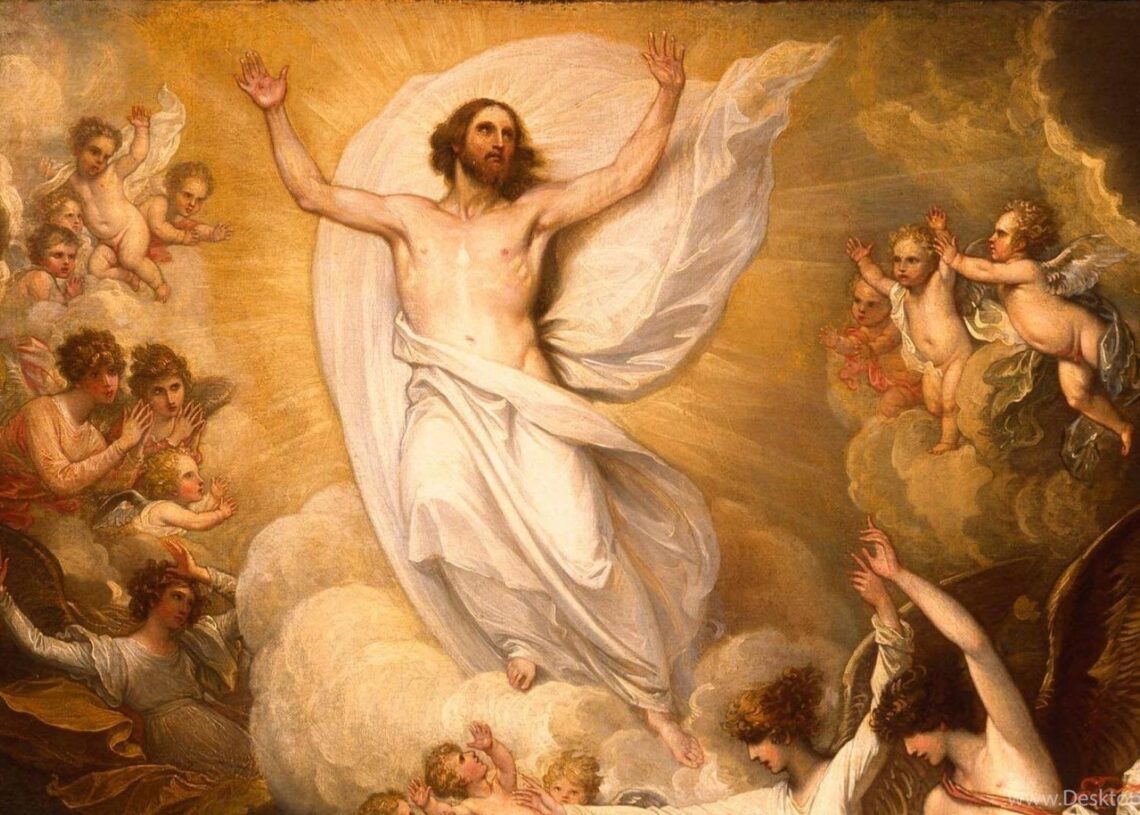
Do You Have to be Christian to Celebrate Easter?
No, you do not have to be Christian to celebrate Easter. While Easter is a religious holiday for Christians commemorating the resurrection of Jesus Christ, it has also become a cultural and secular holiday celebrated by people of various backgrounds around the world. Overall, Easter can be celebrated in different ways by people from diverse cultural and religious backgrounds. Follow Personalized Gifts to find meaning and joy in Christian’s traditions and customs associated with the holiday.
How To Celebrate Easter As A Christian
Celebrating Easter as a Christian is a deeply spiritual and meaningful experience, centered around the belief in the resurrection of Jesus Christ. Here are some ways Christians can celebrate Easter.
- Easter Vigil Service
The Easter Vigil is a significant liturgical event in the Christian calendar, observed on Holy Saturday evening. It begins in darkness, symbolizing the tomb where Jesus was laid after his crucifixion. As the service progresses, the Paschal candle is lit from the new fire, representing the light of Christ overcoming darkness and death. The service typically includes scripture readings recounting salvation history, from Creation to the Resurrection, and culminates in the celebration of Jesus Christ’s resurrection. It is a time of joyful anticipation and proclamation of the Easter message of hope and new life.
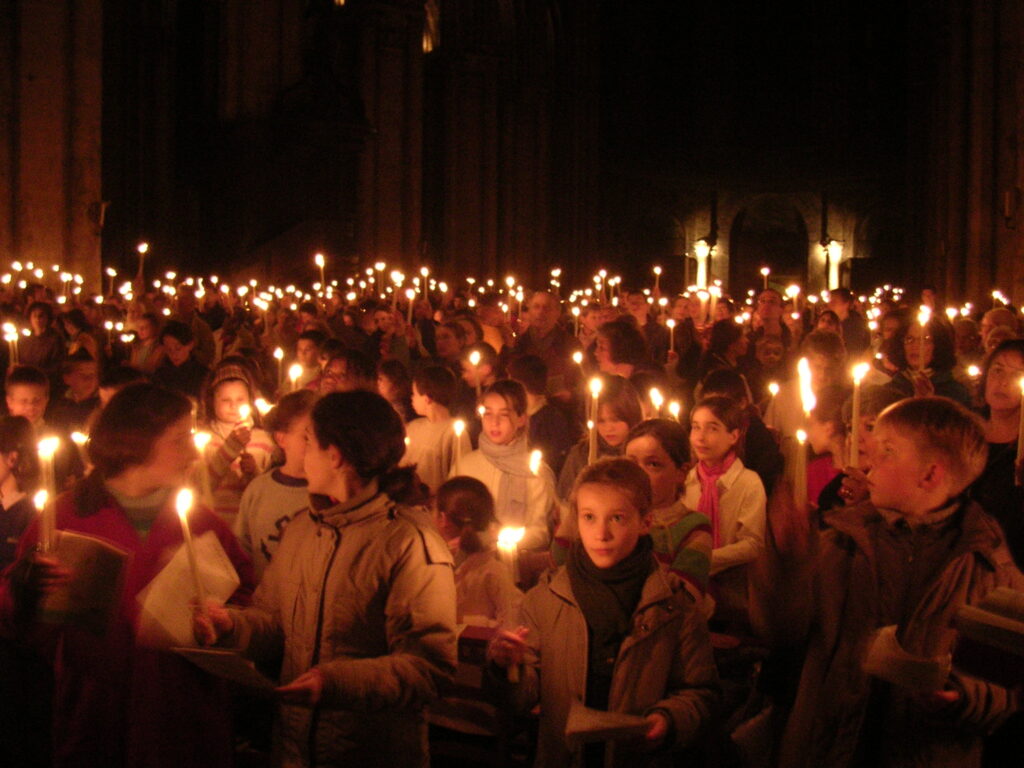
- Sunrise Service
Sunrise services are a cherished tradition for many Christians, especially on Easter Sunday. These services are often held outdoors, symbolizing the dawn of a new day and the rising of the Son of God. Watching the sunrise together serves as a powerful reminder of Jesus’ victory over death and the promise of resurrection.
- Easter Egg Hunts
Easter egg hunts are a beloved tradition for children and families, bringing joy and excitement to the Easter season. In Christian tradition, Easter eggs represent the empty tomb of Jesus, from which he emerged victorious over death. The hunt for hidden eggs symbolizes the search for Jesus’ empty tomb by Mary Magdalene and other women on Easter morning.
- Lenten Observance
Lent is a solemn season of preparation for Easter, observed by many Christians as a period of fasting, prayer, and repentance. It lasts for 40 days, symbolizing the 40 days Jesus spent fasting in the wilderness before beginning his public ministry. During Lent, Christians reflect on Jesus’ sacrifice, repent of their sins, and seek spiritual renewal in anticipation of Easter. It is a time of self-examination, spiritual discipline, and preparation to celebrate the resurrection of Christ.
- Passion Plays
Passion plays are dramatic presentations that depict the suffering, death, and resurrection of Jesus Christ. They are often performed during Holy Week, leading up to Easter Sunday, and reenact key events from the final days of Jesus’ life, including his arrest, trial, crucifixion, and resurrection. Passion plays serve as a powerful reminder of Jesus’ sacrifice for humanity and his ultimate victory over sin and death.
- Easter Bonfires
In many Christian communities, Easter bonfires are lit on the eve of Easter Sunday, serving as a symbol of the light of Christ overcoming darkness. These bonfires are often accompanied by prayers, hymns, and scripture readings, as believers gather around the flames to celebrate the resurrection of Jesus.
- Baptisms and Confirmations
Many churches choose to perform these sacraments during the Easter season, as they symbolize the spiritual rebirth and renewal made possible through Jesus’ death and resurrection. Baptisms mark the initiation of new believers into the Christian community, while confirmations affirm and strengthen the faith of those who have already been baptized. These sacred rituals are a visible expression of the believer’s commitment to following Christ and participating in the life of the Church.
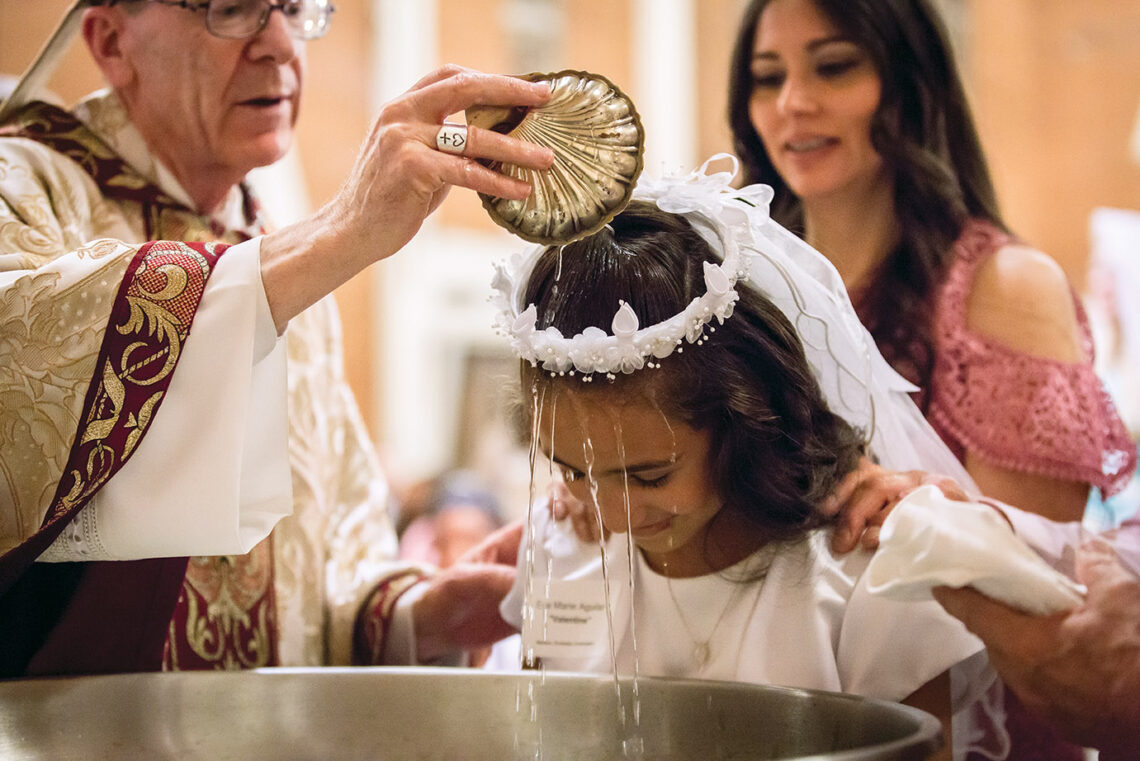
- Easter Gardens
Easter gardens often feature miniature landscapes representing scenes from Jesus’ life, death, and resurrection, including the garden of Gethsemane, the empty tomb, and symbols of new life such as flowers and butterflies. Easter gardens serve as a powerful visual aid for teaching and reflection, helping believers to engage more deeply with the central message of Easter and the hope it brings.
- Acts of Charity
Easter is a season of giving and service, where Christians are called to emulate the love and compassion of Jesus Christ by reaching out to those in need. Acts of charity can take many forms, including feeding the hungry, caring for the sick, comforting the grieving, and advocating for justice and peace.
What Are Christian’s Easter Family Traditions?
Christian families often have various traditions to celebrate Easter together. These Easter family traditions help Christian families come together to celebrate the joy and significance of Jesus’ resurrection, fostering a sense of unity, faith, and love within the family unit.
- Easter Sunday Worship
Attending church services on Easter Sunday is a central tradition for many Christian families. It’s a time to celebrate the resurrection of Jesus Christ through songs, prayers, scripture readings, and sermons.
- Family Easter Egg Hunts
Organizing Easter egg hunts is a popular tradition that combines fun and religious symbolism. Families hide decorated eggs in their yard or home for children to find, symbolizing the search for Jesus’ empty tomb.
>>> See more: The origins of Easter Eggs
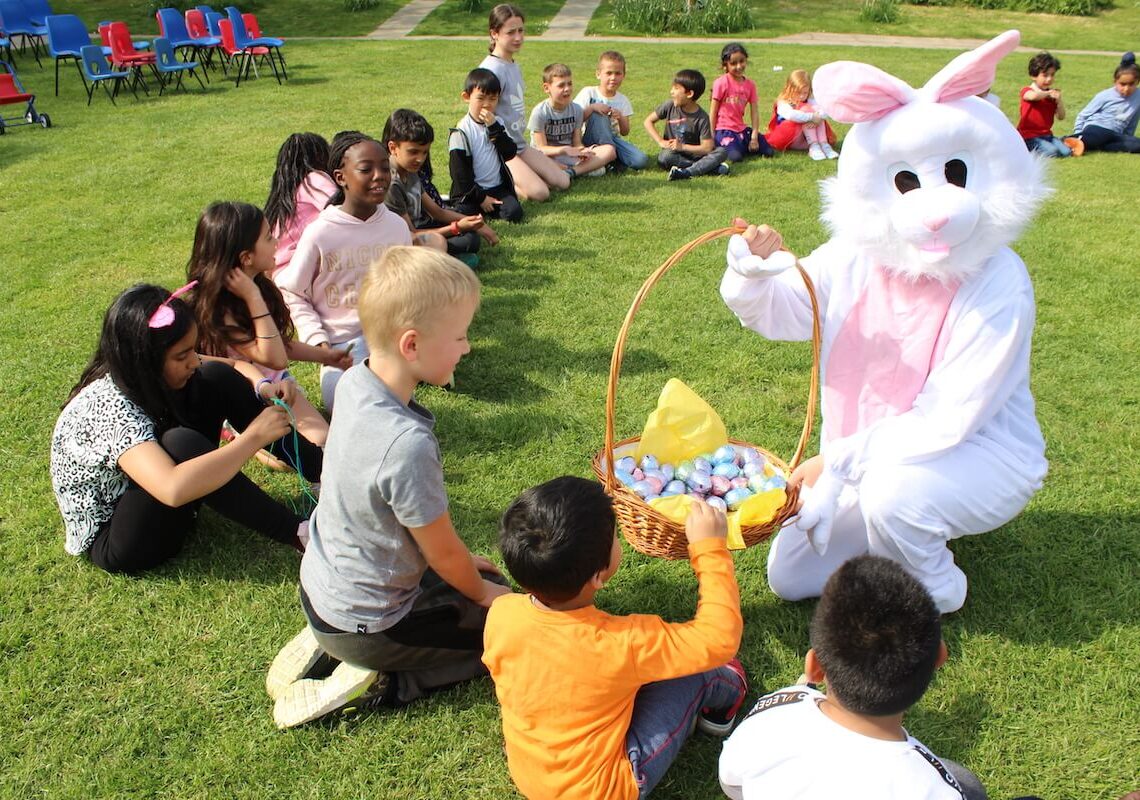
- Easter Basket Blessing
Some families gather on Easter morning to bless their Easter baskets before enjoying their contents. The blessing typically includes prayers of thanksgiving for the food and reminders of the spiritual significance of Easter.
- Family Easter Meals
Sharing a special meal with family and friends is a cherished Easter tradition. It often includes dishes such as roasted lamb, ham, hot cross buns, and other festive foods.
- Easter Crafts
Engaging in Easter-themed crafts is a creative way for families to bond and reflect on the Easter story. Families may decorate Easter eggs, create Easter cards, or make Easter-themed decorations for their home.
- Easter Story Readings
Reading and discussing the Easter story from the Bible is an essential tradition for many Christian families. Parents may read passages from the Gospels recounting Jesus’ crucifixion, death, and resurrection, helping children understand the religious significance of Easter.
- Acts of Service
Easter is also a time for Christian families to practice acts of service and kindness. Families may volunteer at local charities, visit nursing homes, or donate to organizations that support those in need, embodying the spirit of Christ’s love and sacrifice.

- Easter Reflections
Taking time for personal and family reflections on the meaning of Easter is a tradition that many Christian families cherish. It’s an opportunity to express gratitude for God’s love and salvation and to renew their faith in Jesus Christ.
Conclusion
In conclusion, celebrating Easter as a Christian is a deeply meaningful and joyous occasion marked by various traditions that bring families together in faith and fellowship. Whether it’s attending church services, participating in Easter egg hunts, sharing special meals, or engaging in acts of service, the essence of Easter lies in remembering and rejoicing in the resurrection of Jesus Christ. As Christians, may we continue to celebrate Easter with reverence, gratitude, and love, sharing the good news of Christ’s victory over death with one another and the world around us.


